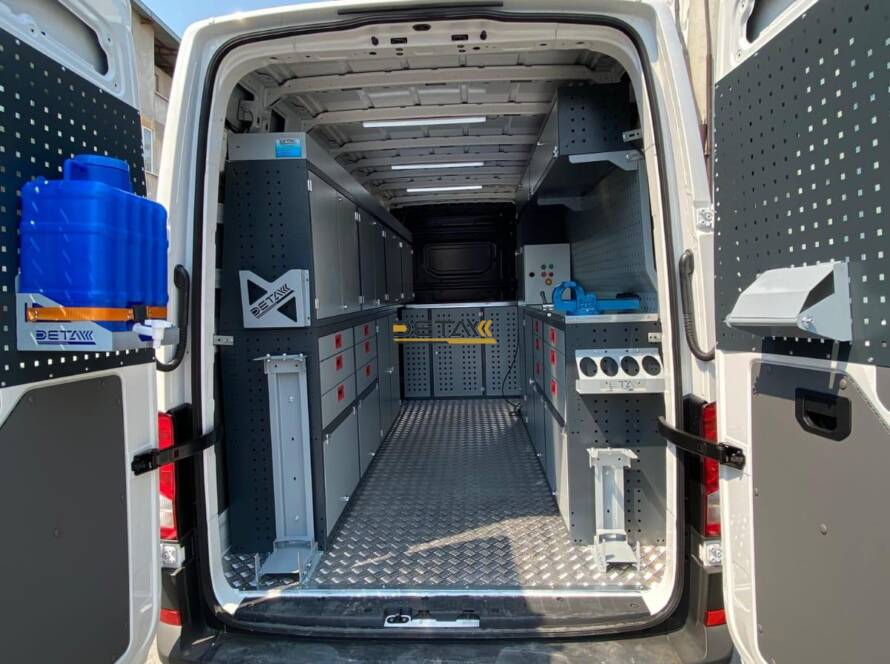🔧 The Turning Point in My Workshop: Meeting Modular Workbenches
A few years ago, I was lost among tools scattered around my fixed workbench while working on a small repair. 🔍 I’d wasted hours searching for a screwdriver. Finally, I decided to redesign everything and discovered modular systems. Since then, both my productivity and sanity have been intact! 😄
❓ What Is a Modular System?
Simply put, it’s a system that can be “disassembled and customized as needed.” Industrial designers define it as: Structures built with pipes and connectors—easy to assemble and adaptable to changing needs. For example, a modular workbench allows removable shelves, expandable surfaces, or add-on pegboards .
⚙️ Why Are They Everywhere?
-
Lego-Like Flexibility 🧱
Modular workbenches click together like Lego bricks. For instance: -
Time & Cost Savings ⏳
While traditional workbenches take weeks to install, modular systems assemble in 3–5 hours. As an industrial designer noted: “Pipe systems prevent dirt buildup and ensure tight joints” . -
Storage: A Matter of Survival 📦
The most striking feature? 33 hanging accessories, tool racks, and telescopic drawers that organize tools. For example, the DB20140 model handles 95 kg per drawer! -
For Those Who Say, “I’ll Grow” 📈
Want your workbench to grow with your business? Modular systems allow up to 50% expansion by adding shelves or surfaces .
🔍 Modular vs. Traditional: The Battle Details!
Here’s how they stack up:
| Criterion | Modular Systems | Traditional Systems |
|---|---|---|
| Installation | 3–5 hours | 1–3 weeks |
| Customization | Unlimited (color, shelves, etc.) | Limited |
| Cost | Lower long-term | High upfront |
| Portability | Disassembles for moving | Fixed, heavy |
🌍 Sustainability & Economy: Who Wins?
-
Eco-Impact: Modular systems cut waste with recyclable pipes and reusable parts .
-
Economy: Like Electrolux Professional’s kitchen countertops, 1.5mm stainless steel tabletops last a lifetime .
🔮 The Future Workshop: Smart & Connected!
Next-gen modular workbenches now feature LED lighting, GFCI outlets, and even IoT sensors. Examples:
💡 Final Word: For Those Saying, “Why Am I Still Using a Classic Workbench?”
As a client once told me: “A modular workbench isn’t a house of cards—it’s a rock-solid structure.” Whether you’re a carpenter or an electronics engineer, these systems:
-
⏱️ Save time,
-
💸 Protect your wallet long-term,
-
😌 Slay stress.
If you never want to lose hours hunting for tools again, try a modular workbench. Maybe you’ll wonder—like I did—“Why didn’t I switch sooner?”
How about you? Have you tried modular workbenches? Let’s chat in the comments! 👇

